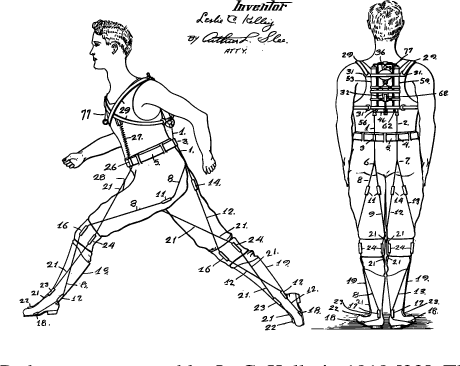Ryan Alicea
Soft robotic suits: State of the art, core technologies and open challenges
May 30, 2021



Abstract:Wearable robots are undergoing a disruptive transition, from the rigid machines that populated the science-fiction world in the early eighties to lightweight robotic apparel, hardly distinguishable from our daily clothes. In less than a decade of development, soft robotic suits have achieved important results in human motor assistance and augmentation. In this paper, we start by giving a definition of soft robotic suits and proposing a taxonomy to classify existing systems. We then critically review the modes of actuation, the physical human-robot interface and the intention-detection strategies of state of the art soft robotic suits, highlighting the advantages and limitations of different approaches. Finally, we discuss the impact of this new technology on human movements, for both augmenting human function and supporting motor impairments, and identify areas that are in need of further development.
* Accepted as a Survey Paper on IEEE Transaction on Robotics
 Add to Chrome
Add to Chrome Add to Firefox
Add to Firefox Add to Edge
Add to Edge